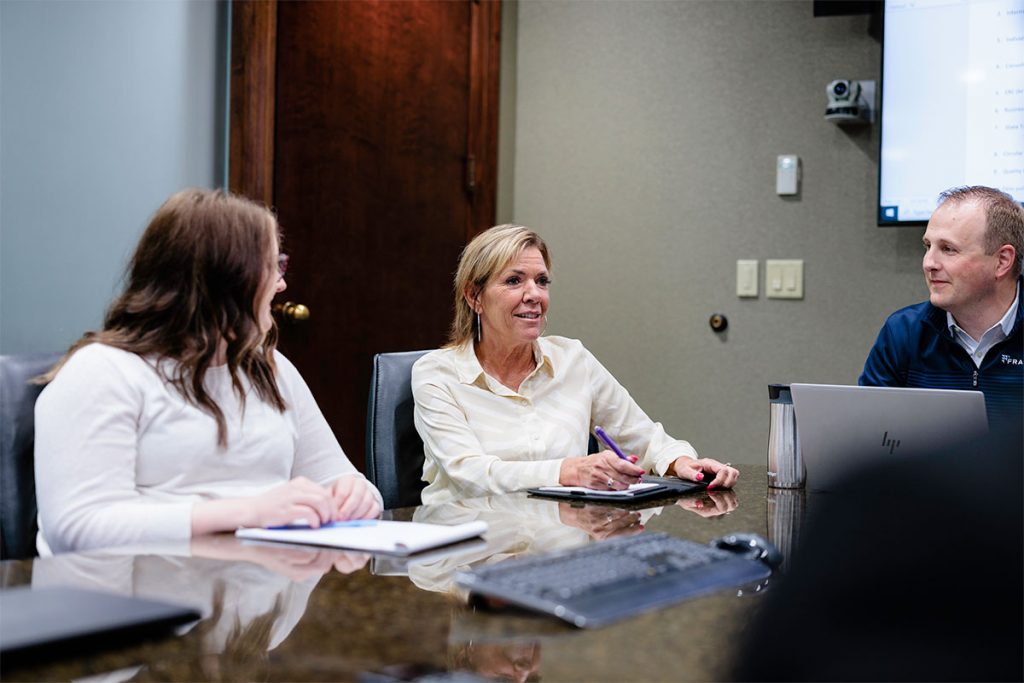Financial Health Checklist
1. Review and Update Your Will
The first thing you should look at in the new year is your will, assuming you have one. (If you don’t, get one!) Something may have changed in your family situation that would change how you want your estate plan to look.
You may have had a new child or grandchild, or sadly there may have been a death in the family. It is goo practice to continually review throughout your life while you are of sound mind and can ensure your wishes will be honored.
2. Review and Update Your Beneficiary Forms
In addition to your will, do not overlook updating your beneficiary forms to ensure that your assets are distributed properly after your death.
Beneficiary forms are for things such as your life insurance policy, retirement accounts and IRAs. It is important to review these forms because they supersede your will. Do not let the government decide who gets your money.
3. Insurance
Life insurance is a big part of estate planning, and it may leave you with questions. Do you have enough life insurance? What type of life insurance should you have, term or whole life? You should consult with our business advisors to help you decide.
Disability insurance is also a topic that may confuse people. How much should you have? Is it taxable? Again, consult with our professionals who can help guide you through these decisions.
4. Review and Update Your Beneficiary Forms
Are you contributing the proper amount? Does your company have a match, and are you taking advantage of it?
Many people are unaware of the benefits of their company’s plan. Work with our business advisers, who will be able to help you answer these questions. There are several retirement plans that you should inquire about with your company. You should find out if your company has a Roth 401(k) provision, and if you are eligible to contribute to it.
You should also inquire as to whether you are eligible to contribute to an IRA in addition to your retirement account. And finally, you should inquire if you are eligible to contribute to a Roth IRA.
A Roth IRA is tax-free for the rest of your life, but it is not tax-deductible. Consult with our tax
advisers so that we can help you decide if this is an option.
5. Make a Budget
Creating a budget is a good first step in achieving your financial goals.
Most people spend what they make and do not save. If you keep track of what you spend in a month, you can determine what costs you can cut, where you should be more disciplined, and how much you can bookmark for savings and investing.
6. Required Minimum Distributions (RMDs)
For those of you who are 72 or older, you should understand what your required minimum distribution may be in the near future, which is the amount you must take from your retirement accounts. You can consult with our tax advisers to get the answers you need.
7. Be Proactive, Not Reactive
Proper planning and strategizing can help you avoid financial pitfalls. It is better to plan ahead to achieve a positive outcome, rather than deal with problems as they come. With good financial health and literacy, you will be able to weather any storms that come your way.
Sit down with your trusted advisers, ask a lot of questions and develop the plan that is best for you.




